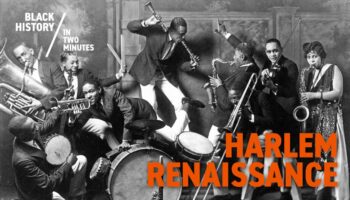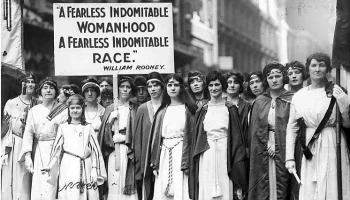Large books have been written on this subject, and large books will continue to be written on it. But we can offer a few brief generalizations that may be useful.
First, the word “literature”can be used to refer to anything written.The Department of Agriculture will, upon request, send an applicant “literature on canning tomatoes.” People who ask for such material expect it to be clear and informative, but they do not expect it to be interesting in itself. They do not read it for the experience of reading it; they read it only if they are thinking about canning tomatoes.
There is, however, a sort of literature that people do read without expecting a practical payoff. They read the sort of writing that is in An Introduction to Literature because they expect it to hold their interest and to provide pleasure. They may vaguely feel that it will be good for them, but they don’t read it because it will be good for them, any more than they dance because dancing provides healthful exercise. Dancing may indeed be healthful, but that’s not why people dance. They dance because dancing affords a special kind of pleasure.
For similar reasons people watch athletic contests and go to concerts or to the theater.We participate in activities such as these not because we expect some sort of later reward but because we know that the experience of participating is in itself rewarding. Perhaps the best explanation is that the experiences are absorbing—which is to say they take us out of ourselves for a while—and that (especially in the case of concerts, dance performances, and athletic contests) they allow us to appreciate excellence, to admire achievement. Most of us can swim or toss a ball and maybe even hit a ball, but when we go to a swimming meet or to a ball game we see a level of performance that evokes our admiration.
What is Literature?






